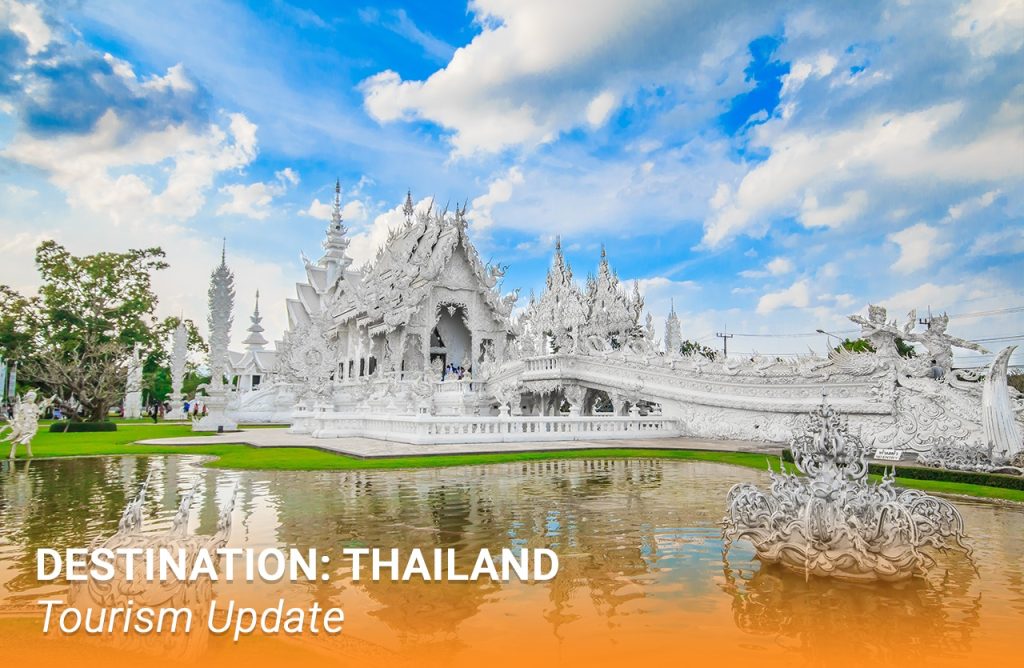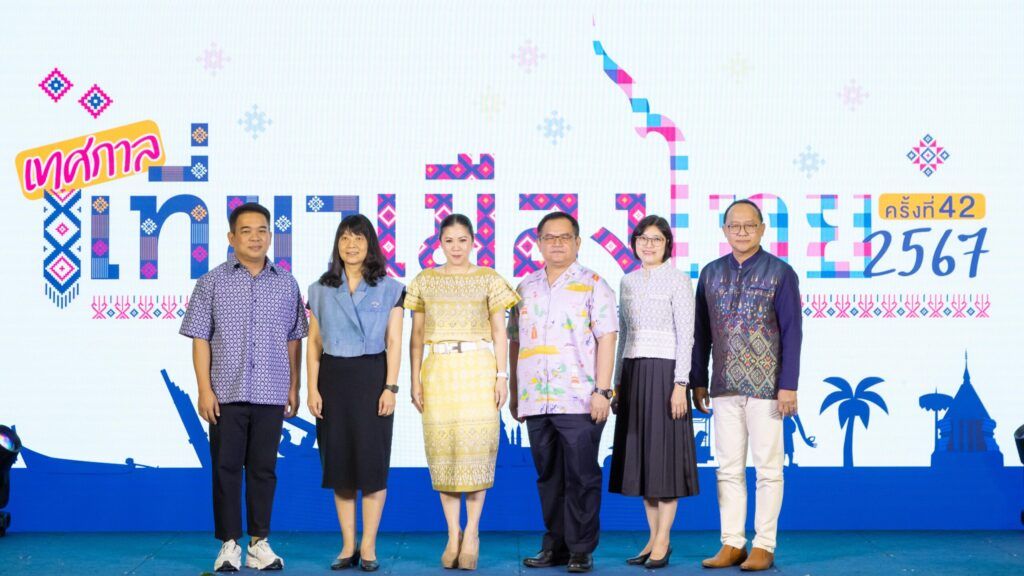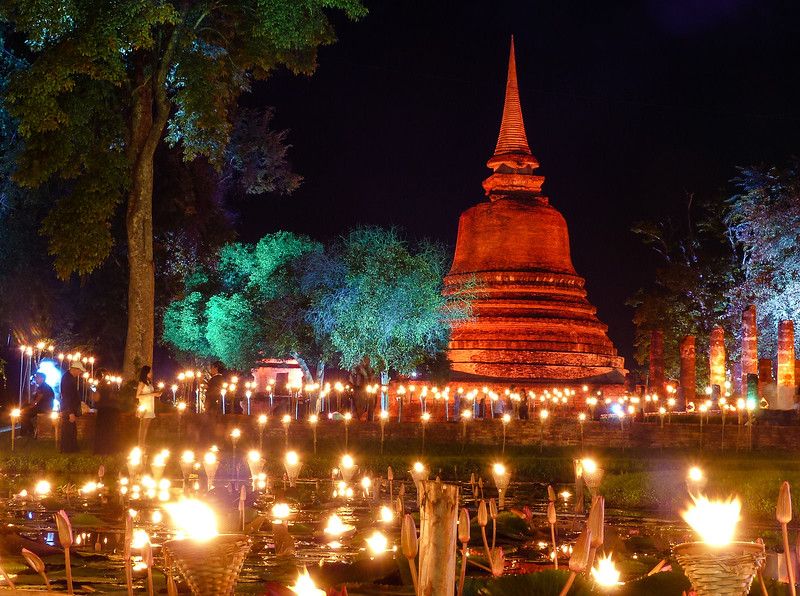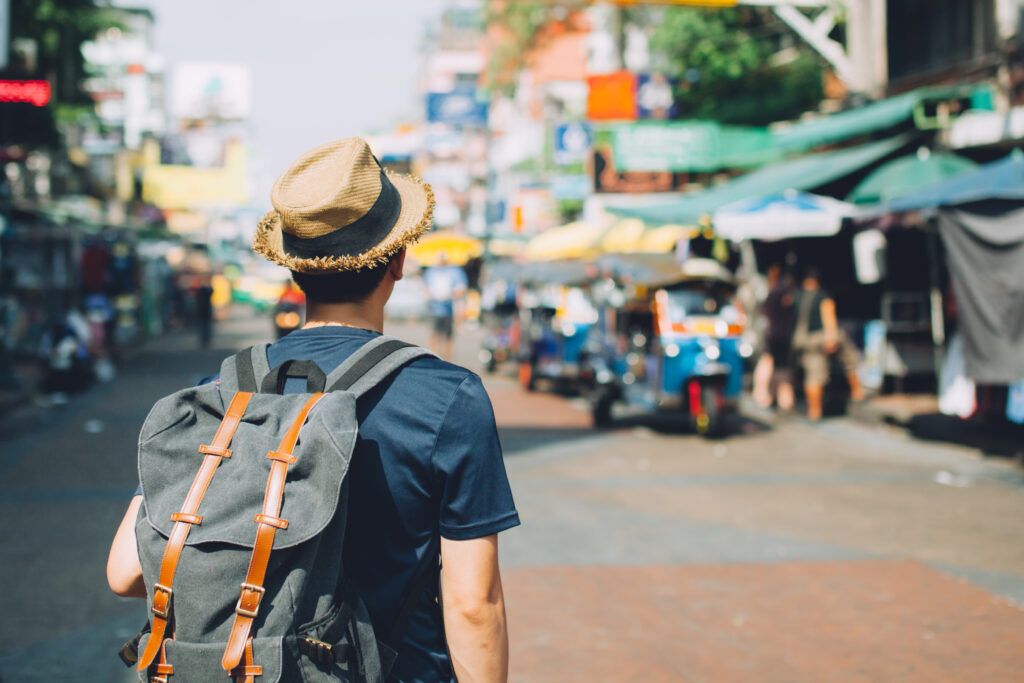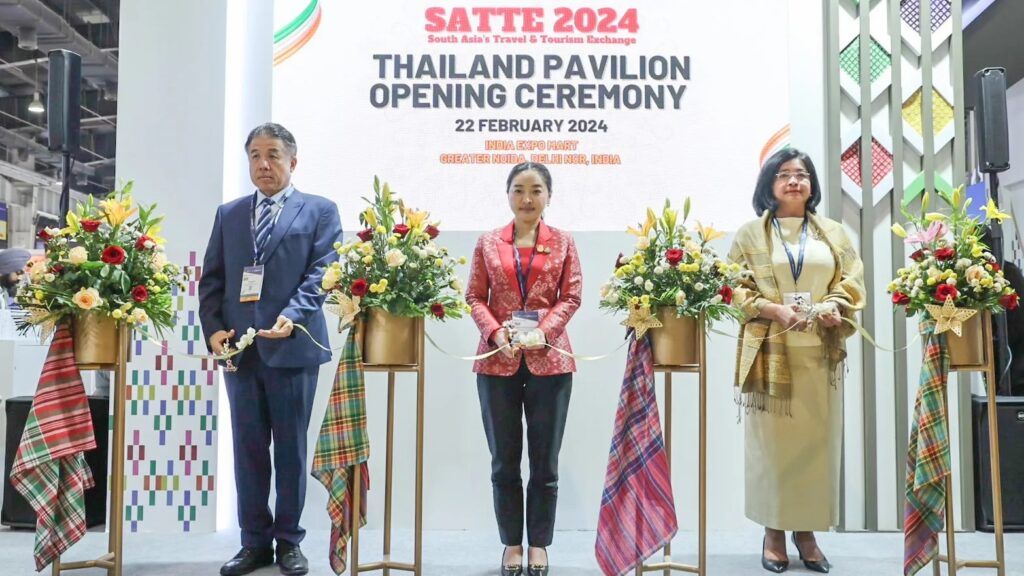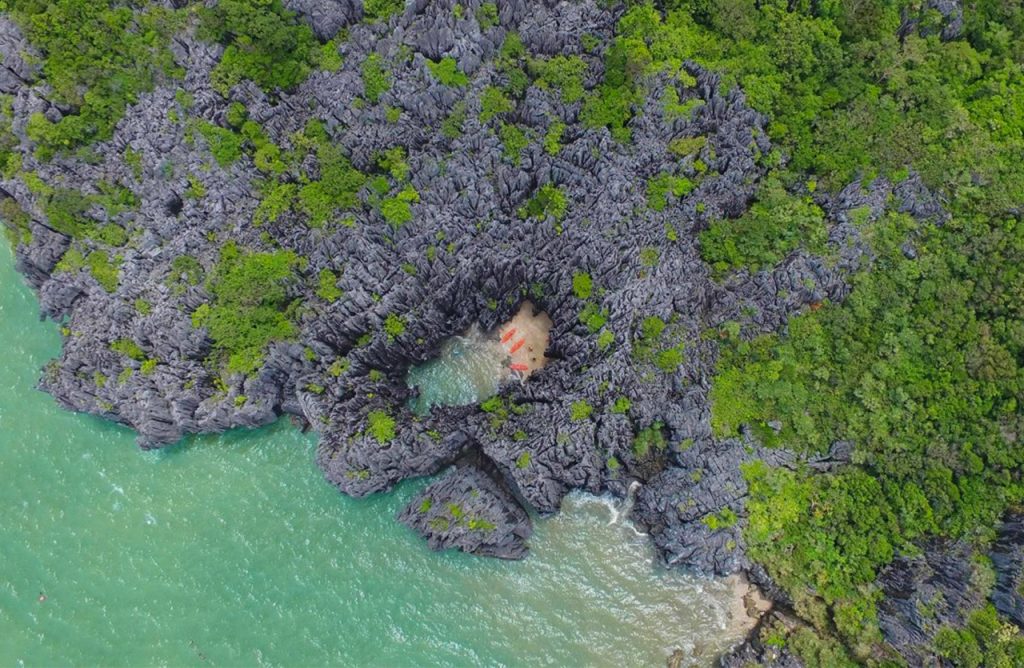
In April, UNESCO awarded the status of ‘Global Geopark’ to Satun in southern Thailand, due to the region’s unique geological and cultural diversity. The new park is the first of its kind in Thailand, and one of only 13 such spaces worldwide approved by UNESCO. Located 980 kilometres from Bangkok, Satun has an area of 2,479 square kilometres and includes a total of four districts: Thungwa; La-ngu; Manang; and part of Mueang Satun. It is separated from Songkhla Province by the Nakhon Si Thammarat mountain range, and from Malaysia by the Sankalakhiri mountains.
The area is renowned for its high diversity of fossil species, including trilobites, brachiopods, stromatolites, conodonts, graptolites, tentaculites and nautiloids. This abundance and variety has led to the park being known locally as ‘The Land of Palaeozoic fossils.’ The outstanding geological features of the area are characterised by a spectacular pinnacle karst landscape, including stunning sea caves and a hidden lagoon, which tourists can visit by kayak. The Ko Tarutao and Ko Phetra marine national parks also form part of the province, whilst Thale Ban National Park is a large freshwater swamp region close to the border with Malaysia.
In addition to its flora, fauna and unique geological features, the park is also home to around 113,110 people, including indigenous tribes such as the Semung, Urak Lawoi and Chao Le (also known as Sea Gypsies), whose settlements can be found on the nearby remote islands Koh Lipe and Koh Tarutao. The cultures, traditions and tribes which call the area their home also account for a range of attractions that are ideally suited to the interests of cultural travellers. Locally produced handicrafts are available at central markets and from village workshops in smaller towns throughout the province.
UNESCO defines Global Geoparks as areas “where sites and landscapes of international geological significance are managed with a holistic concept of protection, education and sustainable development”. In choosing Satun for the accolade, the UNESCO Global Geoparks Council noted the area as “a peaceful place with renowned natural beauty, where several cultures and religious groups, Buddhist, Muslim and Christian, as well as minority groups live together.†Satun’s UNESCO Geopark status is recognised until 2021, at which point it will undergo a process of revalidation.
